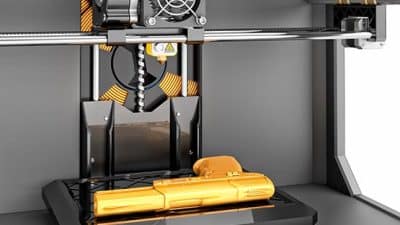
The dedicated section doubles down on VCU Health’s commitment to provide patient-centered surgical care with leading technology, including robotic-assisted and laparoscopic transplantation.
Chandra Bhati, M.D., has been named chief of the new minimally invasive section and will lead a team of transplant surgeons who specialize in kidney, liver and pancreas transplants. The section will provide a formal structure under which the team can build on the center’s history of innovation, in addition to preparing the next generation of transplant surgeons through robotics fellowship training.
“This is emblematic of our continued drive to deliver outstanding patient care,” said Marlon Levy, M.D., chair of the Division of Transplant Surgery and director of the Hume-Lee Transplant Center. “In many ways, the new section will help consolidate what we have learned as a leader in minimally invasive transplantation and will help us remain forward-looking in our enhancement of this care delivery for our patients.”
The Hume-Lee minimally invasive section of transplant surgery comes just over a year after Bhati became the first person on the East Coast to complete a successful robotic-assisted kidney implantation using the da Vinci Surgical System, without hand assistance.
Bhati is an avid researcher in the areas of kidney, liver and pancreatic islet cell transplantation. He serves as the VCU Health principal investigator for a clinical trial to test warm storage of donated livers. The trial uses a device that keeps organs warm instead of cold, and allows monitoring of organ function before transplant.
“We are here for our patients, and we want to give them the best possible care with the best possible outcomes,” Bhati said. “With minimally invasive surgery there are a number of benefits that can help expand access to organs, help these sick patients recover faster and make it easier for living donors to make the selfless act of donating an organ.”
During robotic-assisted procedures, the surgeon relies on the surgical system’s robotic arms to complete the operation. It presents a less-invasive option with a smaller incision site, less pain and speedier recovery time without compromising the transplanted organ. Kidney transplant recipients and living donors, for example, are often able to go home in as little as two days following their surgeries. This technique lowers the risk of wound infection due to the smaller incision site, which means the team can offer transplants to obese people who may have been denied for transplantation.
In addition to transplants, the Hume-Lee surgical team performs robotic-assisted hepatobiliary surgery, or surgery of the liver and biliary system, including the bile ducts and gallbladder. It is used to treat a number of conditions, including cancers of the liver and bile ducts. The surgical technique will be managed under the Hume-Lee minimally invasive section of transplant surgery.
“When I encountered robotic-assisted surgery years ago I knew it was the future,” Bhati said. “That future is now, and we look forward to further leveraging this technology. You won’t find this care with such strong outcomes everywhere, and that is what makes VCU and our new section of minimally invasive surgery so special.”










